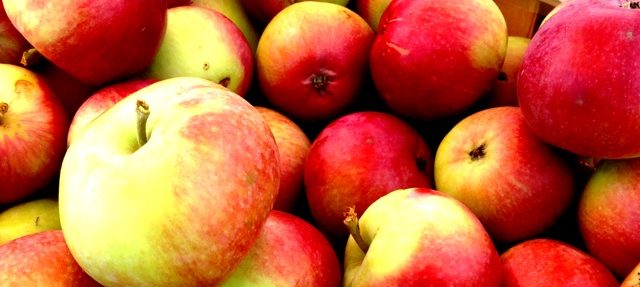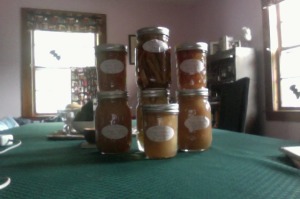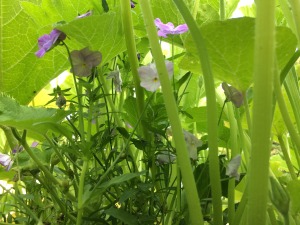Readings: Luke 1:68-79, Malachi 3:13-18, Philippians 1:18b-26
By the tender mercy of our God, the dawn from on high will break upon us,
to give light to those who sit in darkness and in the shadow of death,
to guide our feet into the way of peace.
Luke 1:78-79
In my teens, I lived in a house on a pond, surrounded by trees, five miles away from the town’s small center. There were few streetlights on my road, and none within eyesight of my house. Late one summer night, I set out on foot for home from my friend’s house. Turning a corner, I lost sight of her porch light. There was no moon or other light. I was walking in a darkness so deep that even my body disappeared into it. Since it was only a short distance, I decided to walk it blind. I could tell if I went off the pavement by the change in sound and feel – the sandy roadside felt soft under my shoes and made a raspy sound when I wandered into it. Frogs croaked, crickets fiddled, and the sound of wings seemed everywhere in the trees. With eyes closed, I made my way down the road. I kept them closed until I stepped on my own driveway. When I opened them, the light by the door was a dazzling welcome home.
I’ve wondered many times why I didn’t keep my eyes open that night. I’d have seen the light many steps before reaching my driveway. I think I was trying to pretend that the darkness wasn’t really out there, that the simple act of closing my eyes could reduce it to something within my power to change. In the end, I held onto the dark longer than it held onto me.
Zechariah’s son John knew about darkness, and he didn’t close his eyes. When the light appeared, he welcomed it with eyes and heart open. Perhaps that’s why he spent his life telling anyone who would listen, “Open your eyes!”
Come, Lord Jesus, Come.




